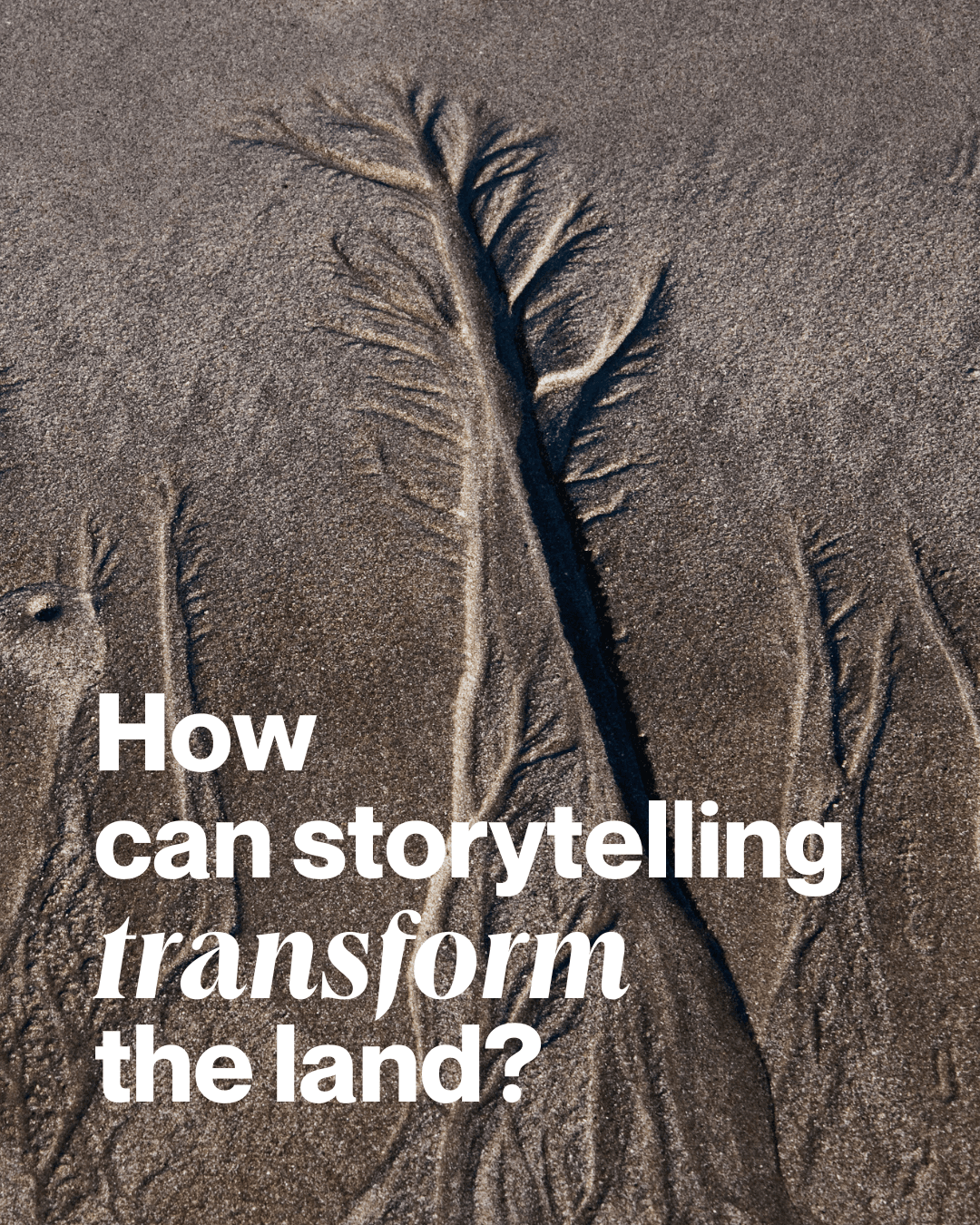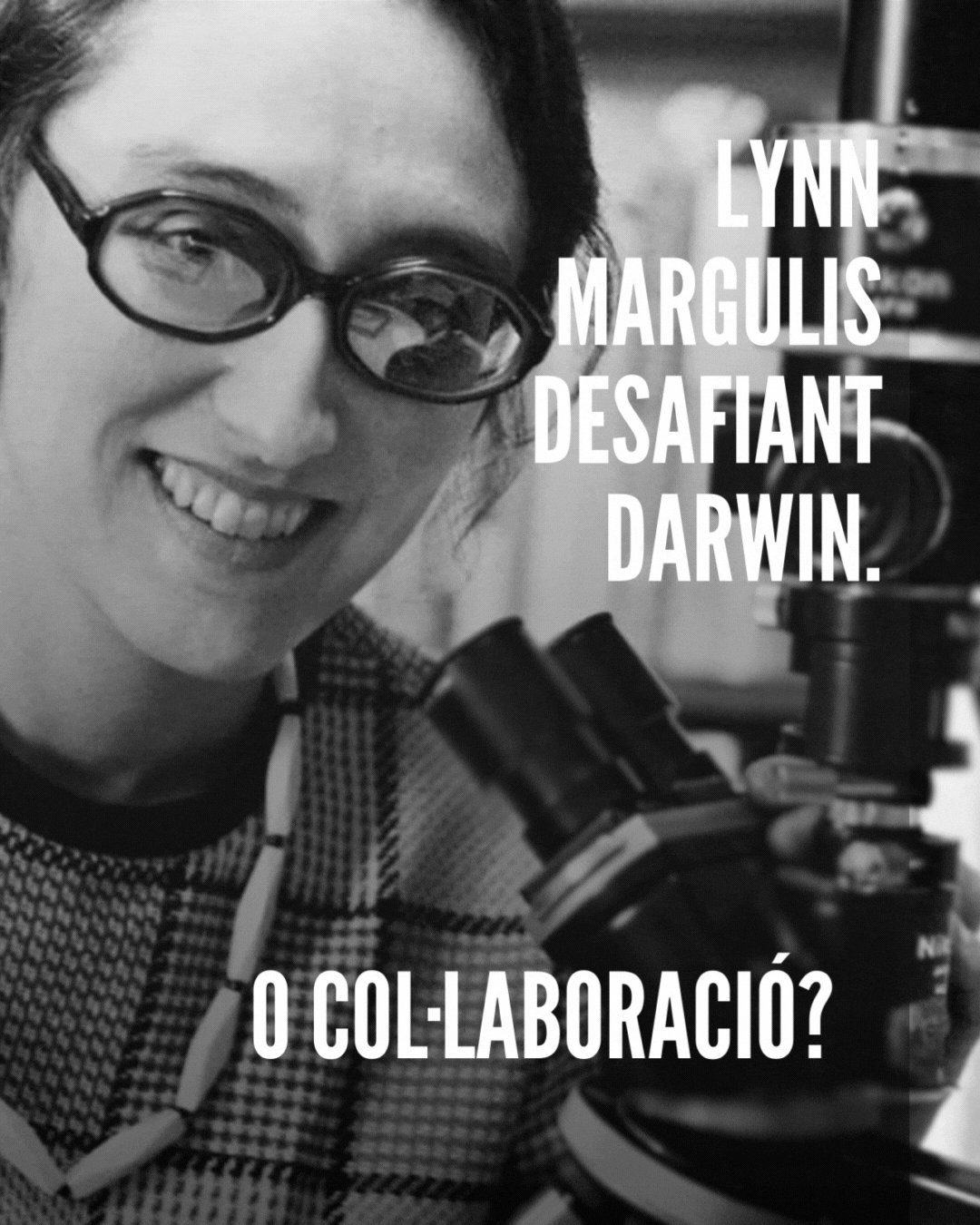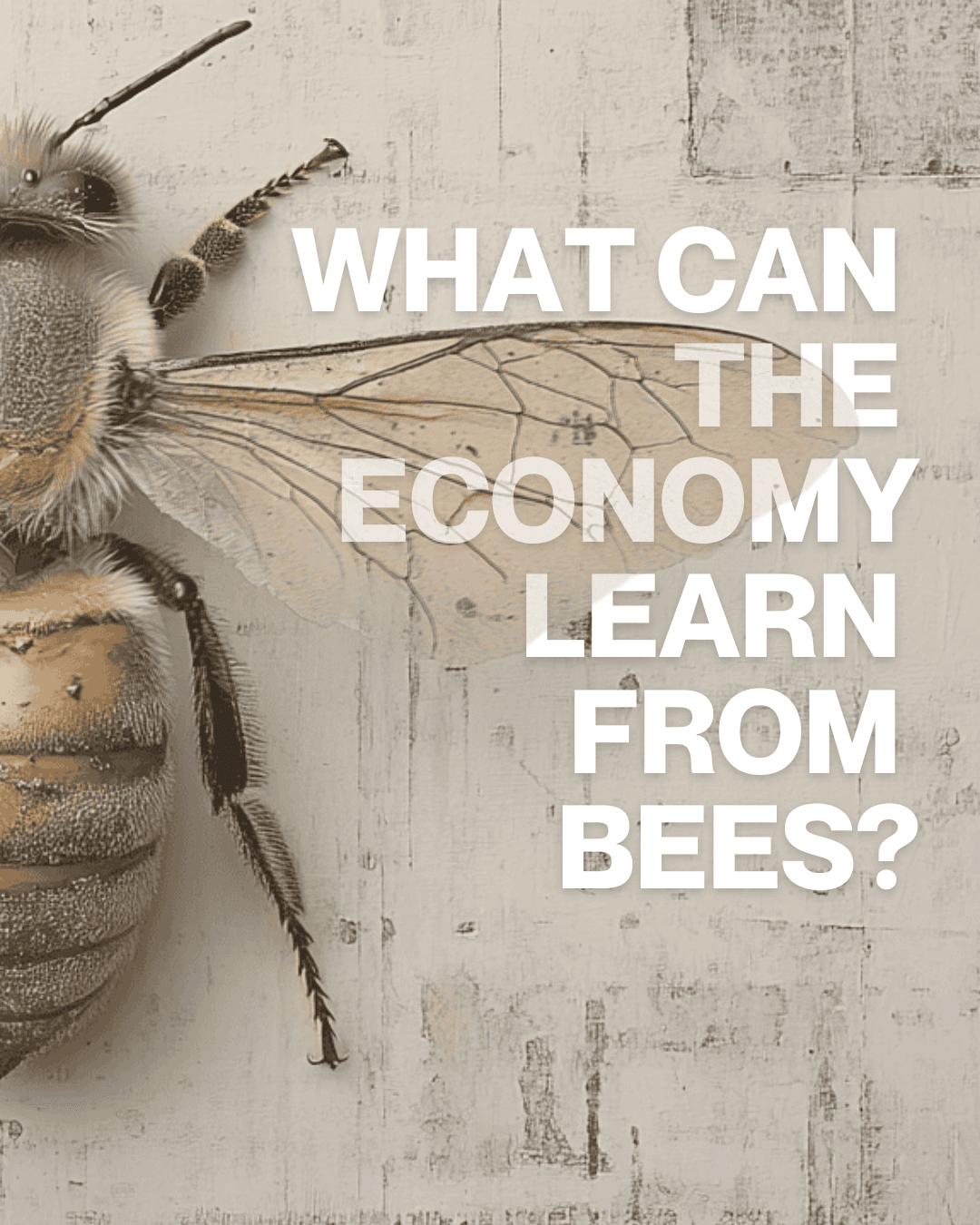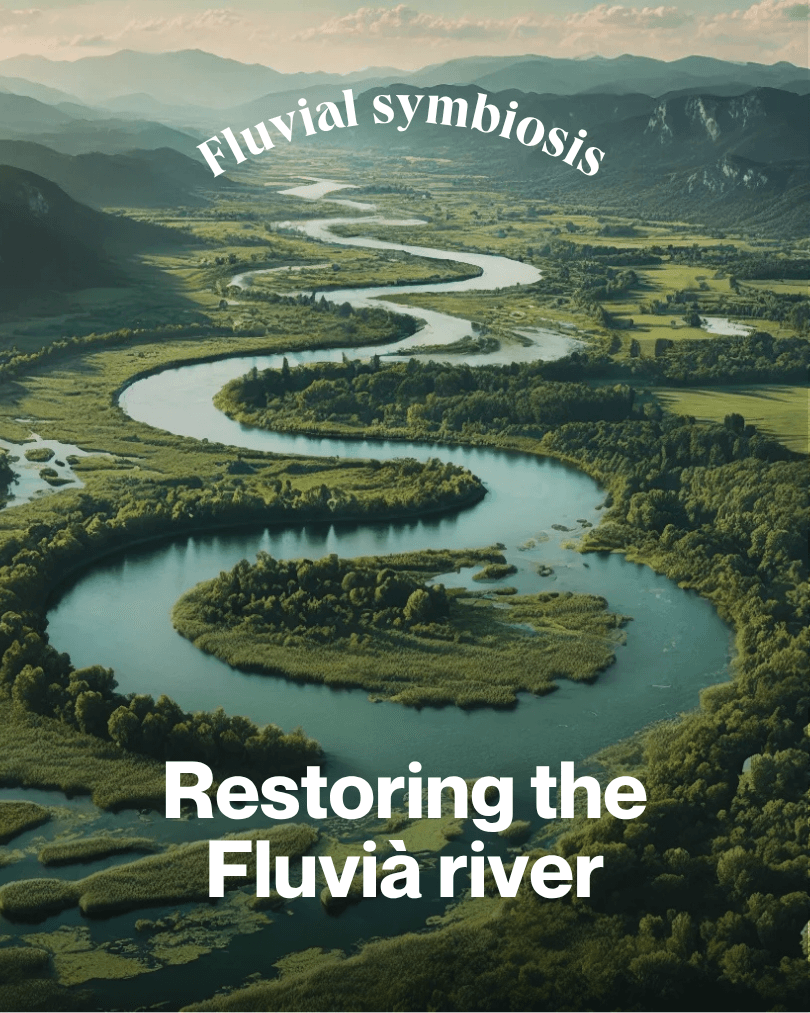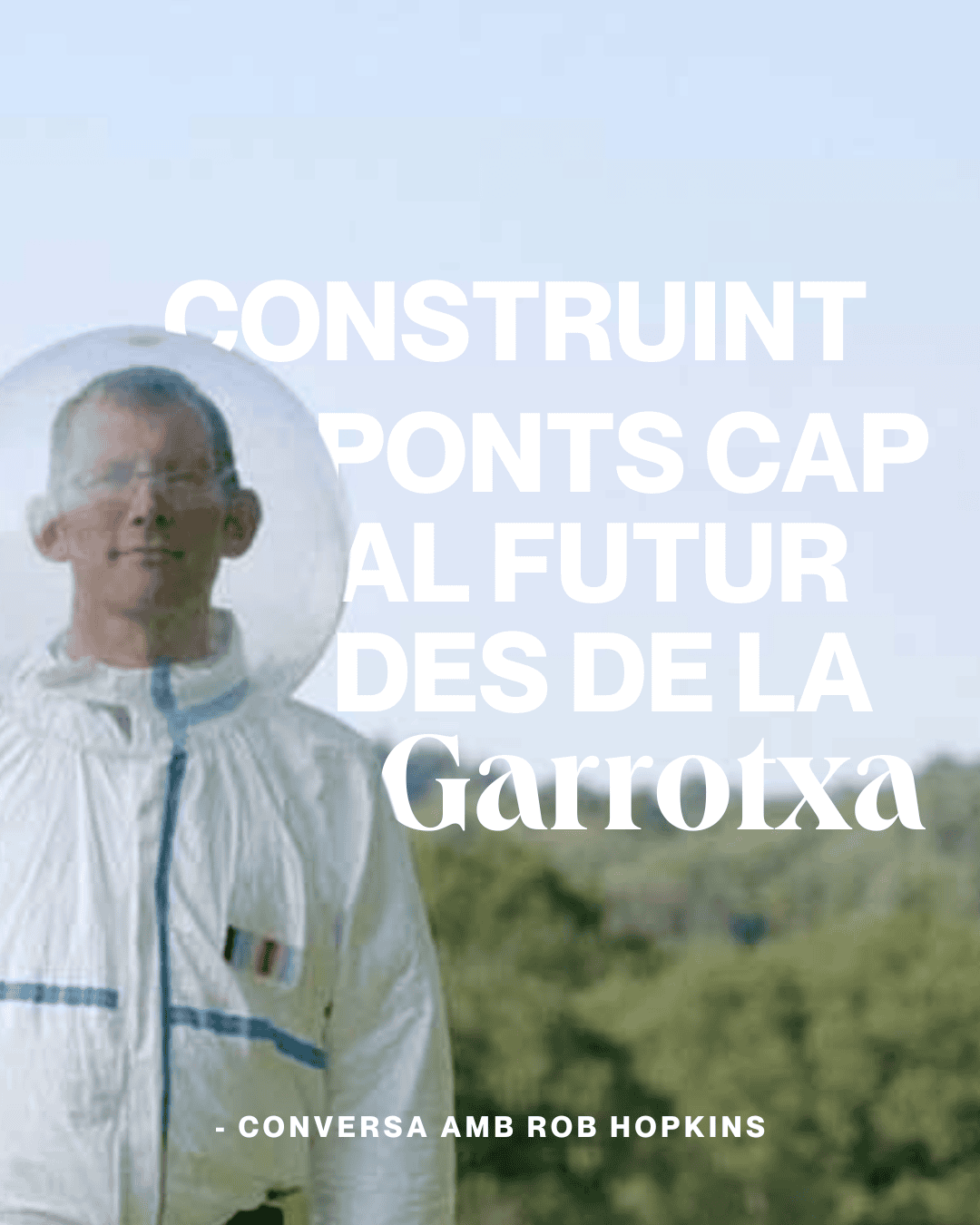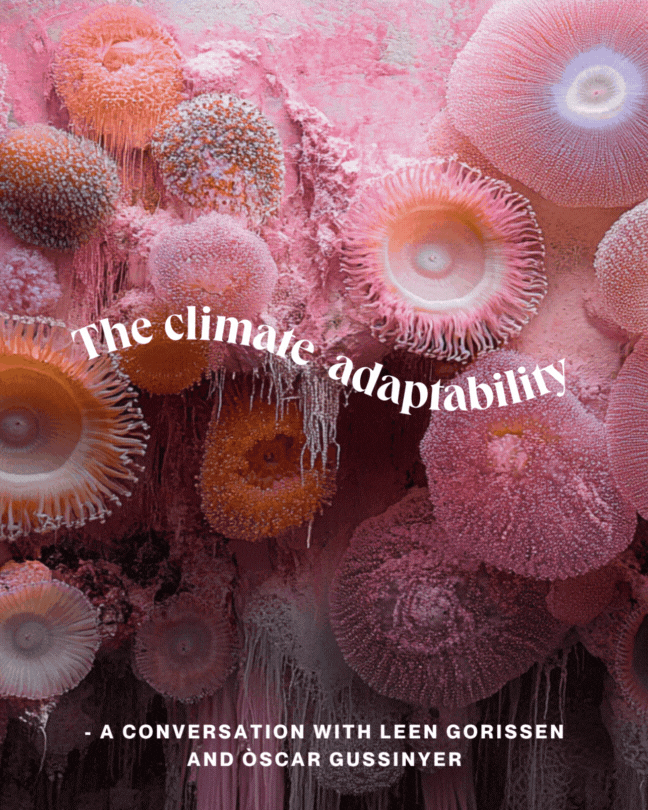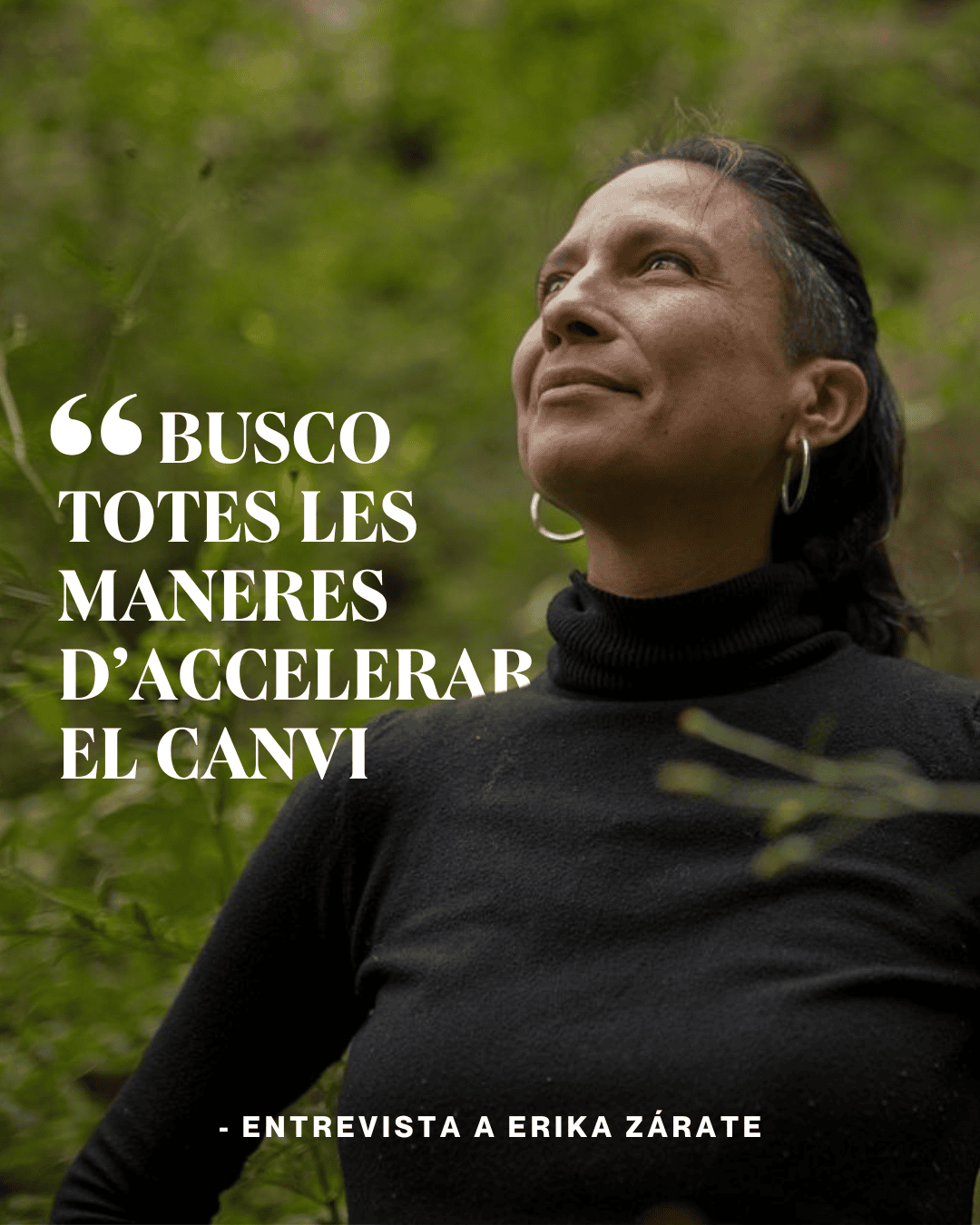Regeneration
When we stop trying to control change, what happens to our power to transform it?
Activate inherent capabilities
Regeneration is a fundamental perspective that transcends simple sustainability to offer a transformative response to global challenges that define the 21st century, such as climate change, social inequalities and economic crises. While sustainability is limited to maintaining existing systems, regeneration seeks to restore and improve these systems, creating new conditions for them to evolve and thrive. This view implies that human and natural systems are dynamic and interdependent, requiring an integrative and adaptive approach.
Carol Sanford, one of the main voices in this field, defines regeneration as a process that activates the inherent capabilities of human and organizational systems to generate deep transformations. In his book The Regenerative Business, Sanford argues that organizations can become regenerative agents if they adopt principles inspired by nature, focusing on collaboration, creativity and interconnection. This approach not only improves economic results, but also enriches the people and ecosystems involved.
The Regenesis Group, a pioneering collective in this field, expands this idea in the context of territories. For them, regeneration is not only a physical intervention in ecology, but a holistic process that integrates human development with ecosystem restoration. This approach highlights that sustainable well-being can only be achieved when social, cultural and economic dynamics that support the interaction between people and the territory are transformed.
“Resilience Earth has successfully explored how people must evolve the ways they govern themselves in an era of rapid change. By rooting into the deep ecological, historical, and spiritual sources of La Garrotxa, Resilience Earth helps reconnect citizens to a sense of shared purpose, and in doing so reconciles myriad forms of social polarization.”
- Ben Haggard, Regenesis Group co-founder.

Comprehensive response
Academically, regeneration has been consolidated as an integral response to the global systemic crisis. Carol Sanford and the Regenesis Group have developed methodologies to apply regenerative principles to a wide variety of contexts, from local communities to large organizations. Sanford, in particular, notes that regeneration requires a change of mentality: leaving behind fragmented approaches to adopt a systemic vision that recognizes connections between people, processes and territory.
Beatrice Ungard and Sidney Cano, business regeneration specialists, stress that this approach involves transforming organizations into proactive actors that create social and environmental value. Their work emphasizes that regeneration is not only a matter of implementing sustainable practices, but of transforming the internal and external relationships of an organization to become a living and adaptive system. This transformation affects both power structures and everyday practices, promoting a more just and collaborative business culture.
Community level regeneration is also linked to the idea of restoring connections between people and their environment. According to the Regenesis Group, this restoration is not only physical, but also cultural and spiritual. This involves recognizing and evaluating local and ancestral knowledge as fundamental elements to regenerate both ecosystems and social dynamics. This interdisciplinary approach has been instrumental in developing projects that not only solve immediate problems, but also establish bases for a more balanced and resilient future.

It impregnates us
In Resilience Earth, regeneration is a central capability that permeates all our practices. Our task is not limited to implementing specific solutions, but to create conditions for communities and organizations to discover and activate their own regenerative potential. This involves generating spaces of dialogue where the unique needs and values of each group are questioned, promoting a transformation that arises from the singularity of people and territory.
Our methodology is based on making accessible conceptual frameworks and regenerative tools through narratives, visuals and pedagogical processes adapted to each context. Through this approach, we not only help communities to understand the regenerative principles, but instead apply them to their local reality. This includes from ecosystem revitalization to the transformation of internal relationships within an organization, always stressing self-sufficiency and co-creation.
Our technical approach is aimed at activating internal resources, often invisible or wasteless, within human and natural systems. This allows not only to address immediate challenges, but also to establish solid bases for a shared and regenerative future. Working from this perspective, Resilience Earth not only contributes to the regeneration of territory and organizations, but also encourages the collective ability to adapt and evolve, creating a positive and lasting impact.
In Resilience Earth we nurture the intersectionality of our team, integrating dimensions such as cultural diversity, neurodivergencies and rurality, which gives us a unique plurality of inherent capabilities.
At the same time, we bet on continuous training in disruptive skills and pointers, which allow us to transform these individual dimensions into a wide range of integrated capability. We understand capability as a dynamic synthesis between the unique intrinsic potential of each system and the acquired practical skills, connecting the singular essence of a system with concrete actions to evolve, adapt and align with a living purpose.
In Resilience Earth, we not only acquire innovative skills, but transform them into capabilities adapted to the specific context, incorporating them into a framework that takes into account the capabilities of each consultant. This integration allows us to generate new perspectives, processes and frames with a high potential to accompany change in times of uncertainty. In doing so, we multiply the possibilities of creating significant transformations, aligning actions with shared purposes and contributing to a more resilient and regenerative future.


